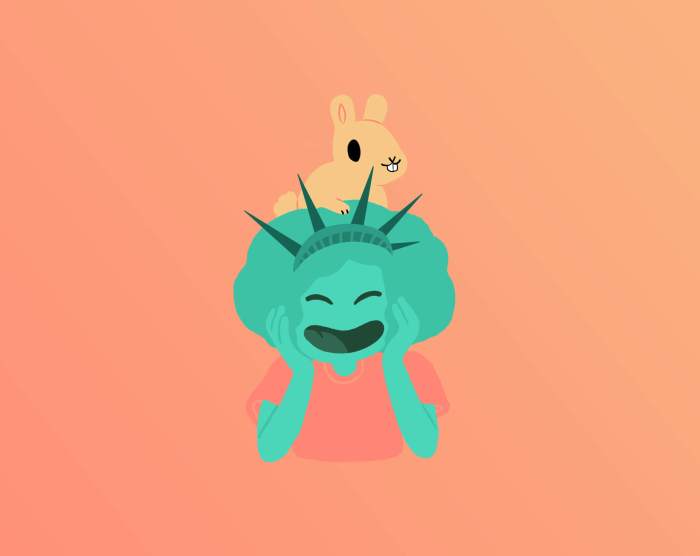With readers of all ages picking up Kindles and Nooks and iPads, the role of the library — and the librarian — are in the middle of fundamental change. What future librarians are learning in school is changing as well.
“Students don’t so much need to learn the technology of today, because that’s going to change,” says Eileen Abels, associate dean for academic affairs at the iSchool, the College of Information Science and Technology at Drexel University. “They need to learn how to evaluate new technologies as they come along, and incorporate them into new ways of providing services to library patrons.”
Classes like website design, social media and digital reference reflect the changing technology. “Reference librarians no longer work just at a desk or on the phone, but through Web-based services like e-mail and chat,” Abels says. “Even if [patrons are] actually in the library, they may prefer to text or chat [to ask for help] rather than get up and risk losing a good seat.”
Students can pick up online skills by working at the Internet Public Library (www.ipl.org), which is based at Drexel. “Students answer reference questions, provide metadata on resources and evaluate websites,” Abels explains, so the 40,000 sites linked to are reliable sources of information. “The IPL slogan is ‘information you can trust’ — the same slogan as Encyclopaedia Britannica,” she adds.
R.I.P. reference section
The reference section is where library books are becoming extinct the fastest.
Encyclopaedia Britannica announced this month that its 15th edition, which came out in 2010, will be the last to be published in book form, ending a history that began in 1768.





























